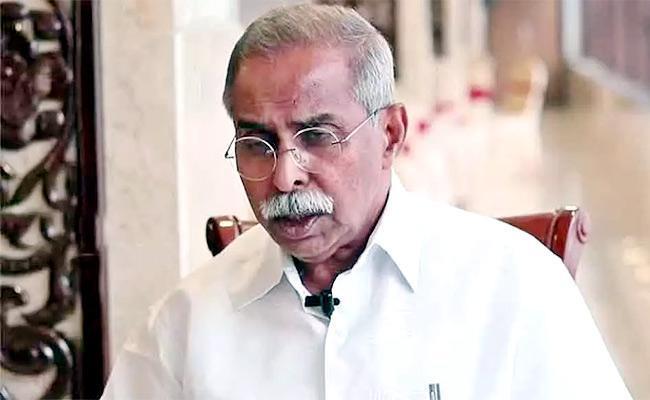ACB Case: Vidadala Rajini, TDP MP in War of Words
A recent case filed by the Anti-Corruption Bureau (ACB) of the Andhra Pradesh police against Vidadala Rajini, a prominent leader of the YSR Congress Party and a former minister, has ignited a fierce exchange of words between her and Lavu Sri Krishna Devarayalu, the Member of Parliament representing the Telugu Desam Party (TDP) from Narasaraopet.
Background of the ACB Case
The ACB’s case against Vidadala Rajini stems from allegations of corruption during her tenure as a minister in the state government. While specific details of the allegations have not been fully disclosed, the implications of such a case carry significant weight in the political landscape of Andhra Pradesh, where both the YSR Congress Party and TDP hold substantial influence.
Escalating Tensions
The exchange between Rajini and Devarayalu has escalated tensions between the two political factions. Devarayalu has publicly criticized Rajini’s actions, suggesting that the ACB’s investigation is a direct reflection of her leadership and governance. In response, Rajini has dismissed the allegations as politically motivated attacks aimed at tarnishing her reputation and undermining the YSR Congress Party’s credibility.
“These accusations are baseless and a clear attempt to divert attention from the real issues the people of Andhra Pradesh are facing,” Rajini stated in a recent press conference, emphasizing her commitment to transparency and good governance. On the other hand, Devarayalu defended the validity of the ACB’s case, asserting that the agency’s investigation is a necessary step towards accountability in public office.
The Broader Implications
This verbal sparring is not merely a battle of words; it highlights the intense rivalry between the YSR Congress Party and TDP. As both parties gear up for upcoming elections, the stakes are high, and issues of corruption and governance are likely to take center stage. Political analysts suggest that how both parties navigate this incident could have significant repercussions for their electoral prospects.
Public Reaction
Social media platforms are buzzing with reactions from supporters and detractors of both politicians. Proponents of Rajini argue that she has been a dedicated leader for her constituency, while critics echo Devarayalu’s calls for accountability. The divide among the public reflects the polarized political climate in Andhra Pradesh, where loyalty to party lines often eclipses objective discourse.
Conclusion
As the story unfolds, the political landscape of Andhra Pradesh remains highly dynamic. The ACB case against Vidadala Rajini not only symbolizes the ongoing battle against corruption but also highlights the intense rivalry between the ruling party and the opposition. Observers will be keenly watching how this conflict develops and what it means for the future of both parties in the region.



